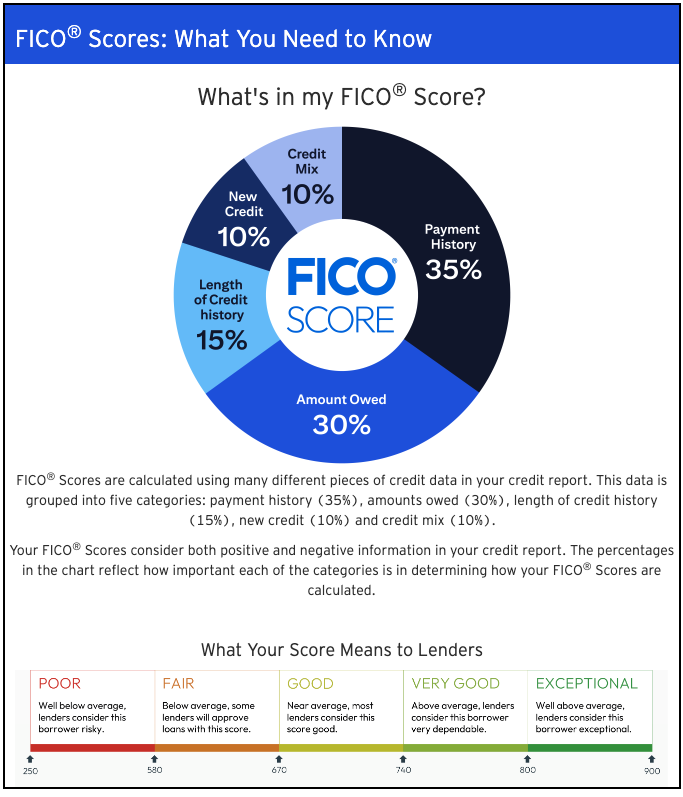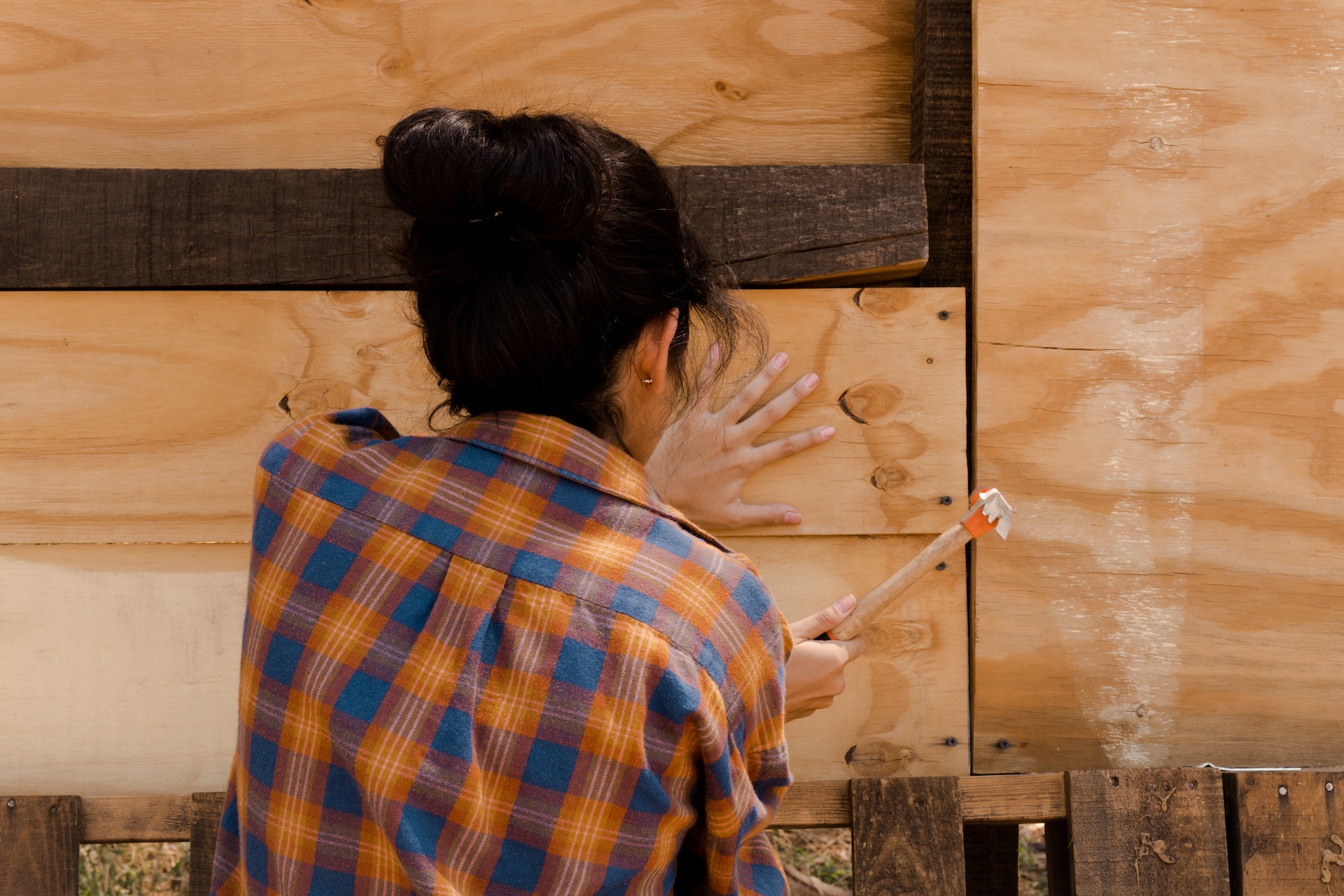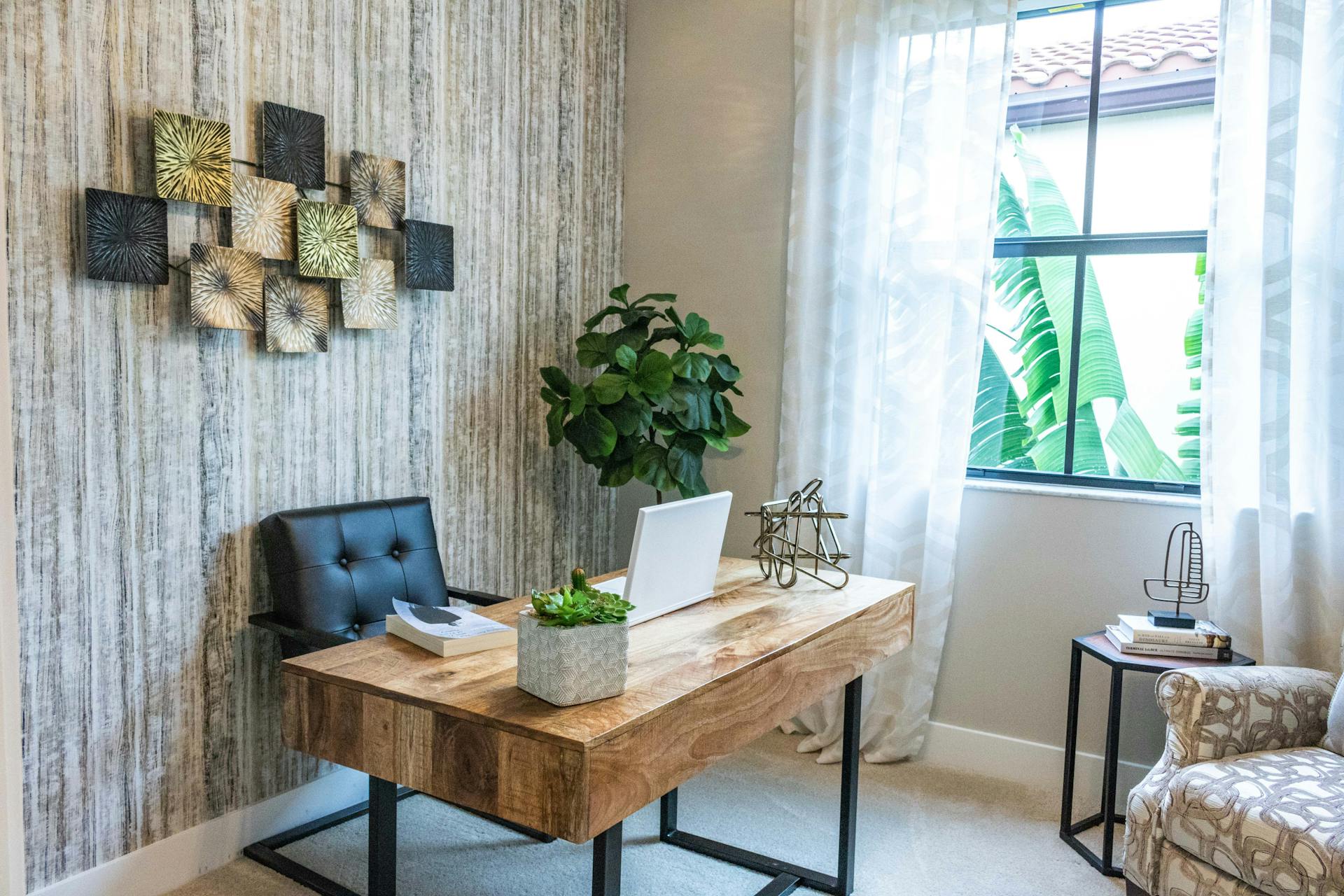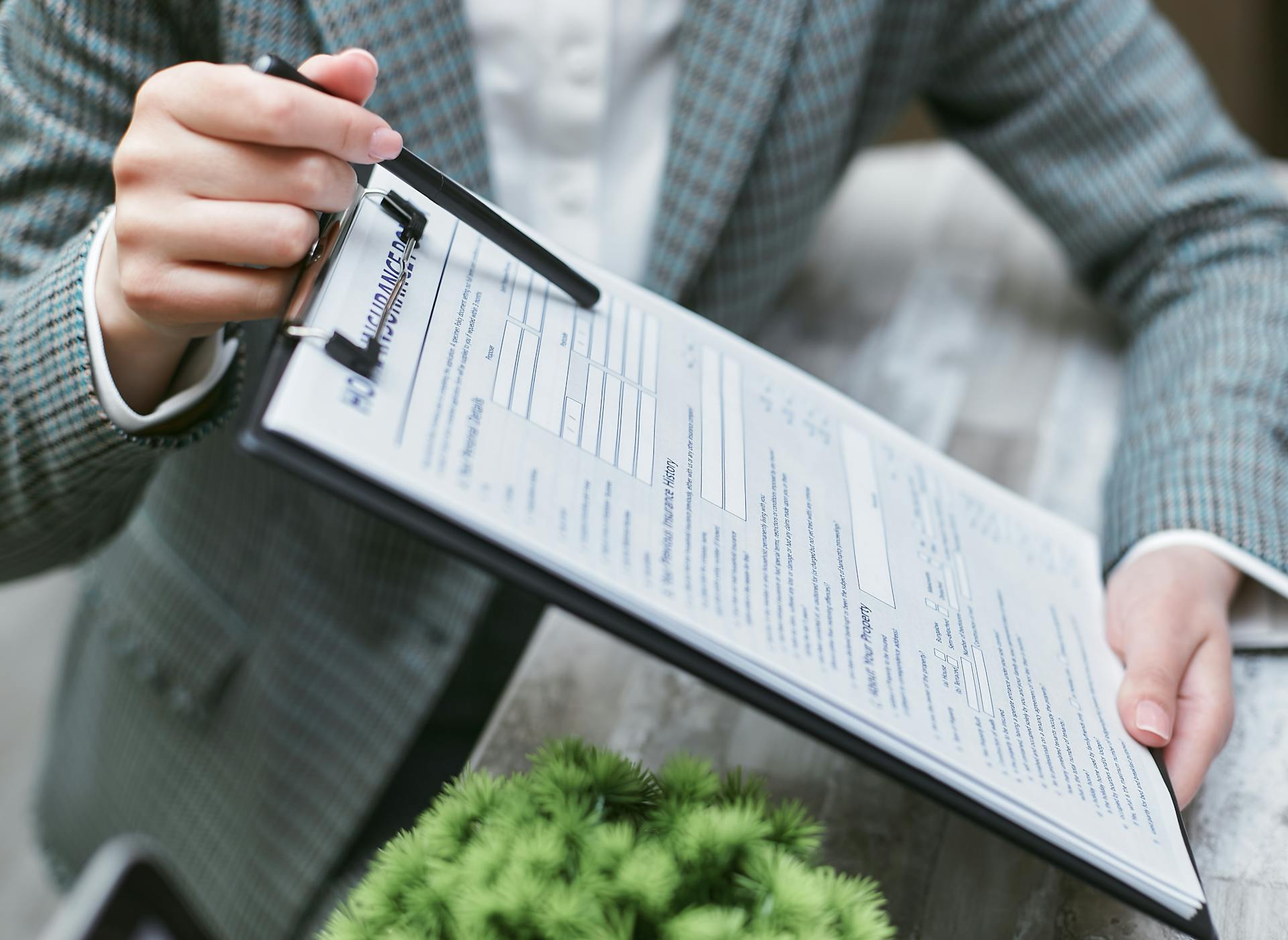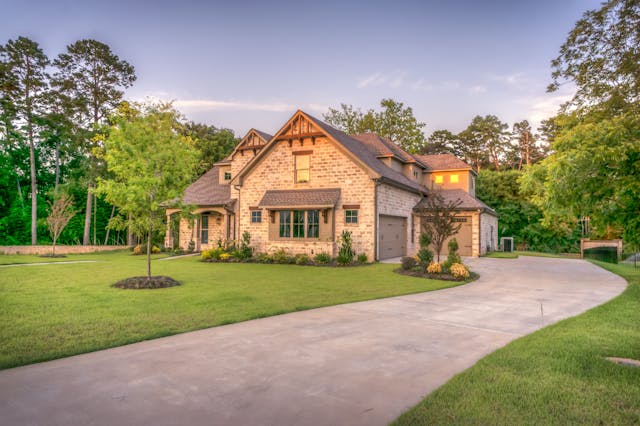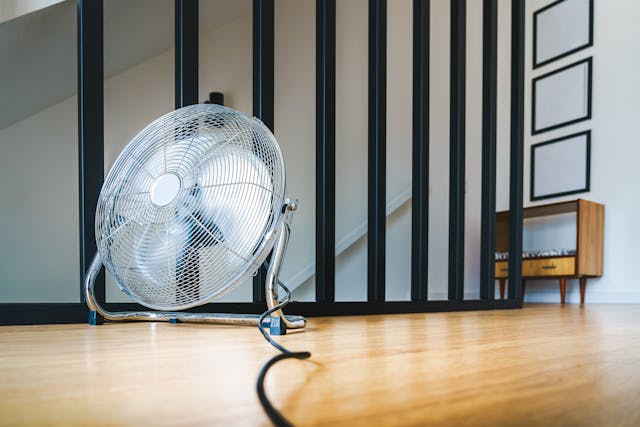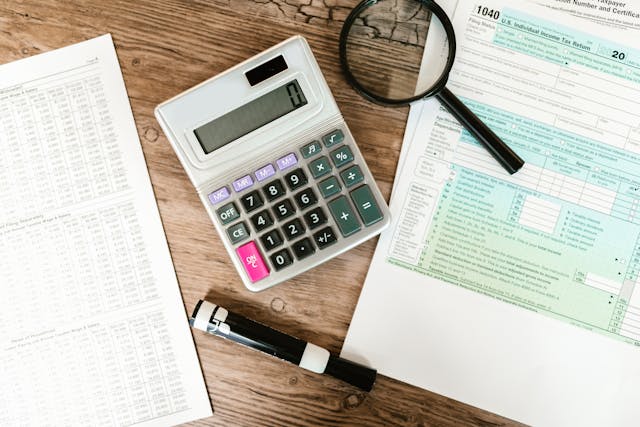How to get Great Tenants to Renew their Lease
There are several things you can do to keep your tenants happy and willing to continue renting from you.

Good tenants make your job as a landlord or property manager much easier. These tenants pay their rent on time, they're respectful of your property, and they let you know when something needs maintenance or repair. Naturally, you want to keep good tenants at your property for as long as possible. Not only do you know you can trust them, but filling a vacancy can be a hassle, and cost you valuable time and money.
So, once you have a good tenant, how can you get them to stay long-term? There will always be circumstances you can't control (like a tenant relocating for a job) but there are several things you can do to keep your tenants happy and willing to continue renting from you.
Why Do Tenants Stay at a Property?
There are many reasons why tenants prefer to stay where they are. They may not be able to afford the down payment on a home, or they may just prefer the flexibility of renting. They may also be putting off big life decisions like marriage or having children - two factors that frequently lead people to buy homes.
If your tenant has been at your property for more than a year, they are likely to want to stay for a while. A comprehensive study conducted by Zillow found that 40% of tenants who have lived at their rental for more than a year have no plans to move within the next three years. Nearly half of them stated they were happy with their living situation, including the price of rent and the neighborhood. A third of respondents stated that they didn't want to deal with the stress of moving.
What about the tenants who aren't happy with their living situation? The study also found that 55% of long-term renters who are planning to move within the next three years planned to move to another rental. This means that most renters will continue to be renters. If you have a good tenant, you want them to stay at YOUR rental.
5 Ways to Keep Your Tenant Happy
1. Be Available and Responsive
A good tenant/landlord relationship begins with a clear, concise lease that outlines your expectations. If you're unsure what to include on a lease, RentFaire has a step-by-step lease creation system in place to help you build your own custom lease. Make sure to review your lease with the tenant, so they can ask questions about anything they're unclear on. This will also help you establish a good rapport with them. Let your tenant know the best way for them to contact you, including times you may not be available. If any concerns come up, make sure to respond to them quickly.
A quick response shows your tenant that you care about them and the property. You can further that message by checking in with them on occasion. Tenants can sometimes be hesitant to bother their landlords for small problems, but they should be addressed quickly to prevent them from progressing into a larger one.
2. Be Welcoming
When your new tenant moves in, make them feel welcome. Help them feel connected to the neighborhood, so they have more incentive to stay. You can give them a small welcome package with useful information about the area, such as nearby parks, services, grocery stores, or points of interest. Take out menus are also another nice item to include. Give them information that will help them get comfortable in, and familiar with the community.
3. Respond to Problems Promptly
When issues come up, make sure to respond to them quickly. It's important to remember that a broken dishwasher or jammed door impacts your tenant's daily life. Waiting to fix problems can cause them to progress into a larger repair - or worse, frustrate your tenant enough to make them want to leave. Treat their problems like they're your problems, no matter how insignificant they seem. You'll send your tenant a message that you're reliable and care about their quality of life. After the problem has been resolved, make sure to follow up to make sure that the solution was effective.
4. Keep Your Tenants in the Loop
If there's a change or problem that will impact your property somehow, you should let the tenant know as soon as possible. Even if it's something minor, like having a gardener trim the hedge, you should keep in mind that this is your tenant's home. Giving your tenant advanced notice shows them that you respect their privacy, time, and occupancy. Significant changes, like sewer line repair or an increase in utility charges, should be communicated as early as possible.
5. Be Human and Approachable
Your rental property is a business, and you should manage it like one. However, this doesn't mean that you should treat your tenants like they are inferior to you. A good manager knows how to manage things while still treating their employees considerately and respectfully.
If you have a great tenant who is having personal problems, like losing their job, you may want to consider whether the "all business" approach is best. Do you really want to tack on late fees, and make things harder for a good tenant? You should always be cautious when making exceptions to your policies, but in some cases, it may be better to give a good tenant leeway. They'll be grateful for your understanding and will be more likely to stay in your rental.
Like most relationships, the tenant/landlord relationship requires investment. By being respectful and thoughtful about your tenant's needs, you can improve the chances they'll want to stay. If they are still set on moving when it's time for the lease to renew, ask them why. In some cases, it may be beyond your control, but there's a possibility you can improve on your processes to make them happier. If not, you can use this information to inform you of what you can do differently with the next tenant.
Created on: 03/22/24
Author: CreditLink Secure Blog Team
Tags: lease renewal, leasing , renewals , tenants , good tenants,





